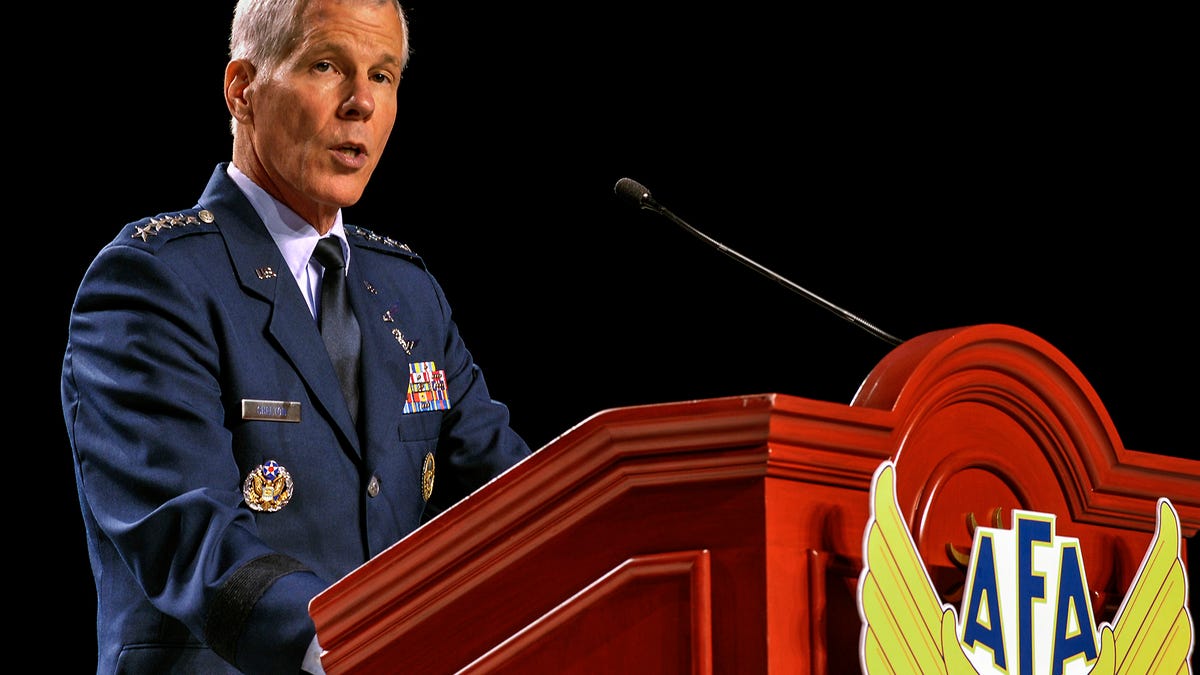U.S. general warns of Iran's growing cyber strength
The Iranian government has enhanced its cyber capabilities since being hit by the Stuxnet virus, cautions a U.S. Air Force official.

Learning a lesson from the Stuxnet attack, Iran has beefed up its cyber forces and poses a greater threat to the United States.
At least, that was the word of warning from U.S. Air Force General William Shelton yesterday, according to Reuters. Speaking with reporters, Shelton said that the Iranian government has increased its cyber efforts since and as a result of being hit by Stuxnet.
In 2010, the infamous computer worm was unleashed in Iran and other countries. Designed to seize control of power grids and other industrial control systems, Stuxnet infected computers at Iran's Natanz nuclear enrichment facility. Since then, the worm has continued to hit other plants in Iran, according to the country's official news agency.
Though Stuxnet infected a variety of sites, many experts believe Natanz was the primary target. No one has officially taken credit for the worm, but sources have pointed the finger at the U.S. and Israel, both countries intent on preventing Iran from progressing too far with its nuclear program.
General Shelton is head of the Air Force Space Command and oversees its cyber operations. He was cautious about revealing too much information to reporters but stressed the threat posed by Iran to the U.S.
"The Iranian situation is difficult to talk about," Shelton said, according to Reuters. "It's clear that the Natanz situation generated reaction by them. They are going to be a force to be reckoned with, with the potential capabilities that they will develop over the years and the potential threat that will represent to the United States."
Iran has been blamed for a string of recent cyberattacks, including one that hit U.S. banks late last year.
The Iranian military has even been touting its cyberwarfare capabilities lately.
"We have been equipped with electronic warfare systems in order not to remain just a defending force, and rather become able to jam the enemy's communication systems," Brigadier General Ahmad Reza Pourdastan, commander of Iran's ground forces, said on Tuesday, according to the Fars News Agency.
The U.S. Air Force is trying to strengthen its own cyber forces by adding 1,000 more people to its existing workforce of 6,000, Shelton added. The general wants the Air Force to spend more money on its cyber operations, Reuters noted. But that request may be difficult to fulfill given the current budget climate in Washington.

